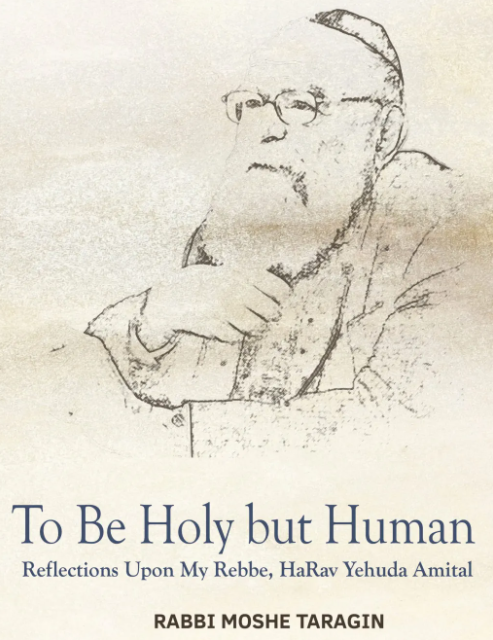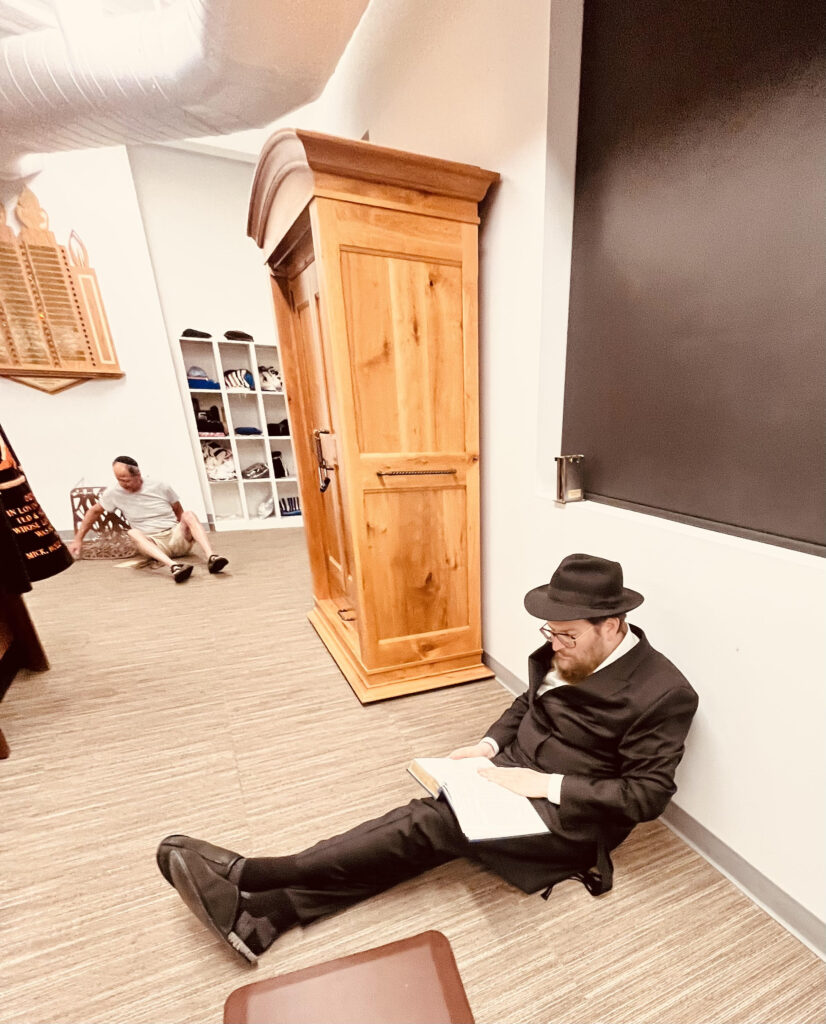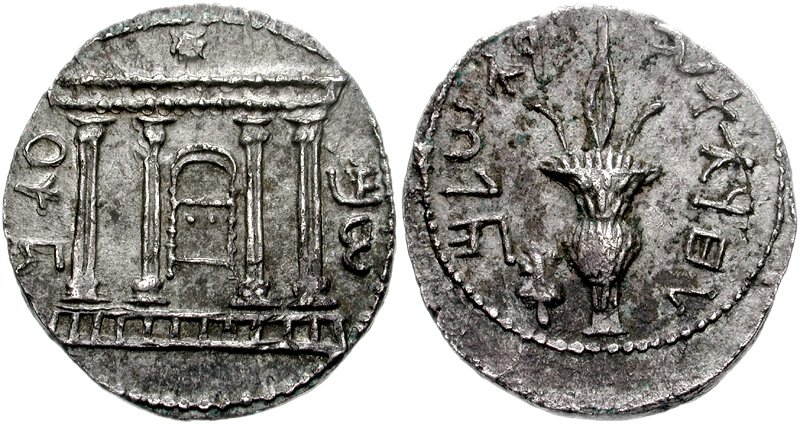Book Review: To Be Holy but Human: Reflections Upon My Rebbe, HaRav Yehuda Amital

Book Review: To Be Holy but Human: Reflections Upon My Rebbe, HaRav Yehuda Amital
Rabbi Moshe Taragin. Kodesh Press, $29.95 (369p) ISBN 979-8888940389
Review by 5TJT Staff
Regular readers of Rabbi Moshe Taragin (Dark Clouds Above, Faith Below) will be drawn into this powerful ode to HaRav Yehuda Amital, zt’l, one of the leading thinkers of Religious Zionism in the 20th century.
As a Holocaust survivor, founder of Yeshivat Har Etzion, moral philosopher, and pioneer of Religious Zionism, HaRav Amital shaped generations of students, educators, and thought-leaders in the world of Orthodox Judaism. Today, HaRav Amital’s teachings and philosophies are very relevant to Israel’s current issues, which include defending its borders and territories and incorporating Hareidi Israelis into the IDF. Paramount to Rabbi Amital’s Zionism was a recognition of Jewish sovereignty both as a means of self-preservation as well as the foundation of Jewish identity. His vision for the State of Israel wasn’t just about achieving a society where everyone observed Shabbat; he understood that as an Ohr La’goyim, Israel had to be a moral light to the nations in fairness at all levels, both personal and national.
Rabbi Amital was also instrumental in shaping the Hesder movement, which integrates Torah study for religious Zionist youth with military service in the IDF and establishing mechinot (pre-military academies) for those seeking alternatives to the standard yeshiva-military track. Through a set of short anecdotal stories followed by a collection of lectures, Rabbi Taragin takes the reader on a journal through Religious Zionism, showing how HaRav Amital stressed how the rise and fall of Am Yisrael were intimately tied to Kiddush Hashem and Chillul Hashem. When Am Yisrael thrives, the Rav taught, Hashem’s presence is felt more vividly, and during times of darkness, chas v’shalom, Hashem’s presence is obscured. According to Rabbi Taragin, this suggests that “Hashem’s salvation is not only about rescuing Am Yisrael, but about the sanctification of His name in the world.”
On the subject of Kiddush Hashem, Rabbi Taragin vividly describes several instances in the life of Rabbi Amital that display his keenness in this regard. One such an occasion was in 1996 when he joined the left-wing government of Shimon Peres as a minister. Many of his followers were baffled by his decision, struggling to understand how a man of principle could align with a government they saw as distinctly secular. In an attempt to bridge the divide, Rav Amital exemplified the importance of listening, understanding, and building bridges between ideological camps.
“Rabbi Amital’s decision to serve in the Israeli government was rooted in his role as a rabbinic figure, not as a politician,” writes Rabbi Taragin. “His involvement was not motivated by political gain or the desire to represent a party. Unlike today, where religious leaders often occupy Knesset seats due to their political influence or party affiliations, Rav Amital was in the government simply because he was a rabbi who embodied the values of Torah.”
In a lecture entitled, “We Are Human,” Rabbi Taragin describes the issue of personal struggles against challenges as a validation for the humanity of the Jew. Readers may find contrasting Jewish humanism with the fact the Torah observant Jew is actually above nature and should depend and trust Hashem to be quite intriguing. Moreover, religious Zionists may find the book to be quite validating and empowering. Indeed, Rav Amital stressed that by embracing our needs and turning to Hashem, we enrich humanity and foster a connection that transcends intellectual understanding. In To Be Holy But Human, Rabbi Taragin also gives the reader a chance to foster a connection with this great and important rabbinic thought leader through his sefer, and the reader will come away with a greater appreciation of Rabbi Amital’s humility, dedication to Torah learning, and personal service to Klal Yisrael. And that service was inherently linked to human society and its expectations. Politeness and decorum were paramount, as were a person’s middot and traits, which require careful self-awareness and a commitment to growth. For Rabbi Amital, the path to “Jerusalem” was not paved with sadness, anxiety, and tension, but with joy, celebration, and the pleasure of living a meaningful life, a lesson Israelis and Jews around the world must remember during these days of conflict and turmoil. In fact, HaRav Amital’s greatest lesson, perhaps, was the life of kindness and derech eretz he lived, a lesson that reverberates in all his talmidim and the thousands of lives he touched. Highly recommended.














